At the beginning of the school year, many classes called on parents to contribute money to buy TVs, projectors, curtains, and install cameras. Some schools had received TVs and air conditioners donated by former students last year, but this year the new class still bought new ones. When asked about documents such as receipts, invoices, and specific accounting, the school could not provide them.

Parents' representative committees need to promote their supervisory role and require schools to publicly and transparently disclose all revenues and expenditures.
Photo: TN created by AI
All revenues must strictly comply with State regulations.
From a legal perspective, all revenues in the education sector must strictly comply with State regulations.
Regarding fundraising, Circular 16/2018/TT-BGDDT and Circular 13/2025/TT-BGDDT stipulate that the fundraising plan must be reported to the People's Committee at the commune level for approval for preschools, primary and secondary schools; and reported to the Department of Education and Training for approval for high schools and other educational institutions under the Department of Education and Training, before organizing fundraising. The receipt and use must have separate records, accounting, and periodic public disclosure based on the core principle of voluntariness, without fixed levels.
Circular 09/2024/TT-BGDT stipulates that revenues in public educational institutions must comply with State regulations and be made public. The list of permitted revenues must be approved by a competent State agency. Revenues outside this list, especially those of a suggestive or mandatory nature, have no legal basis. This behavior violates the principle of publicity and transparency in financial management at educational institutions.
Meanwhile, the Charter of the Parents' Representative Board issued with Circular 55/2011/TT-BGDDT defines that the representative board has the function of coordinating, supervising, and connecting; it is not an "arm" to collect and spend on behalf of the school. It is also not a focal point for purchasing assets, repairing facilities, or spending on capital items that are the school's financial responsibility. When the representative board is in charge of collecting, spending, purchasing, signing, receiving... then the risk of exceeding authority and lack of transparency skyrockets.
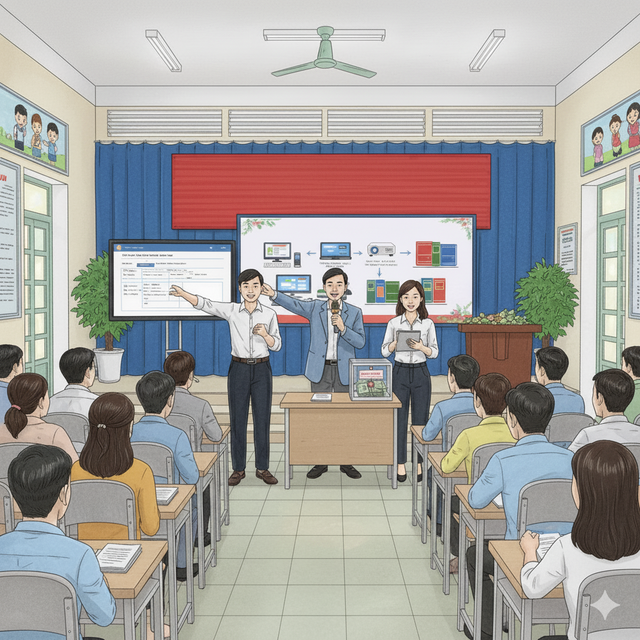
The Charter of the Parents' Representative Board issued with Circular 55/2011/TT-BGDDT defines the representative board as having the function of coordinating, supervising, and connecting; not being the "arm" that collects and spends on behalf of the school.
Photo: TN created by AI
Prohibit all forms of collecting and transferring financial funds from students in violation of regulations.
Decree 24/2021/ND-CP stipulates the management of public preschools and general education institutions, guiding the collection levels of service fees to serve and support educational activities other than tuition fees to meet the needs of learners of educational institutions, implemented according to resolutions of provincial-level People's Councils based on proposals of provincial-level People's Committees in accordance with local conditions.
From the 2025-2026 school year, Ho Chi Minh City will not collect tuition fees. Parents need to distinguish between tuition fees (not collected) and services according to Resolution 18/2025/NQ-HDND guided by the Department of Education and Training in Document 1888. This is the maximum level for negotiation. Schools must not exceed the ceiling and not increase by more than 15% compared to the current level collected in 2024-2025. At the same time, schools must have a budget and make it public.
Obligations regarding documents and accounting are mandatory. Documents are the basis for accounting and asset management. Failure to provide receipts to parents when receiving donations is a serious violation. It not only makes the management and use of this money unclear and baseless, but also creates opportunities for corruption and waste to arise. This lack of transparency erodes people's trust in the education system.
In addition, the 2019 Education Law stipulates that principals are legally responsible for all school activities and prohibits all forms of collecting and transferring students' finances in violation of regulations. In cases of abuse of position and power to appropriate students' finances, the crime of "Abuse of position and power to appropriate property" may be considered under Article 355 of the 2015 Penal Code. At the same time, the law on children guarantees the right to be protected from exploitation and illegal profiteering, so any form of "voluntary" forced attachment of learning conditions is contrary to the spirit of child protection and must be corrected in the correct order.
The phenomenon of continuing to call for contributions for items that have been fully equipped from funding sources such as the case of televisions and air conditioners donated by former students is a clear manifestation of waste and poor management. This action is not only unnecessary but also goes against the spirit of thrift and anti-waste according to the Law on Practicing Thrift and Anti-Waste 2013. This phenomenon shows the lack of coordination in school asset management and the mindset of collecting whenever there is an opportunity, regardless of actual needs. Parents are afraid to say "no" for fear that their children will be disadvantaged.
At the international level, the principles of transparent school governance and accountability are also emphasized. In the OECD reports on education governance, the role of parent and community involvement and financial transparency is consistently highlighted. The collection of fees in an opaque and undocumented manner undermines these basic principles.
Solutions to rectify the situation of turning voluntary collection into over-collection
Some people say that the budget is limited, if we do not mobilize, we will lack equipment. That is not wrong, but the way to do it must be the right method. First, the budget items must be proposed from the budget, recommending adjustments to the standards when necessary, prioritizing difficult areas. Second, with the need for socialization, complying with Circular 16/201/TT-BGDDT (and accompanying amendments) such as having a plan, having approval, not setting a standard, not charging existing parents, receiving by receipt and having to account and make it public. If the school does the right thing, parents are willing to accompany because they see it as fair.
To rectify the situation of turning voluntary collection into overcharging, there needs to be close inspection and supervision from educational management agencies at all levels and financial inspectors. At the same time, parent-teacher associations need to promote their supervisory role, requiring schools to publicly and transparently disclose all revenues and expenditures. Only then will the educational environment be truly clean and healthy.
General principles: Transparency, no fixed levels, no learning conditions
International experience shows a general principle of transparency, no fixed levels, no learning conditions.
In the UK, the regulations on collecting money for educational activities in schools state that: the part of the lesson must be free. Schools can call for donations but must clearly state that it is voluntary and not disadvantage students who do not pay. The collection and exemption policy must be approved by the school board and announced at the beginning of the year.
In California, the right to free education is codified in law. Public schools cannot charge fees for educational activities unless explicitly permitted by law and there is a complaint channel for reimbursement in case of incorrect collection.
In Australia, however, voluntary contributions must be strictly voluntary. The country ensures that students are not denied education services for not paying.
Singapore has a policy of not soliciting or accepting donations in exchange for admissions privileges. This policy stipulates that the parent group only acts within the school’s financial processes and does not collect or spend money beyond its authority.
Source: https://thanhnien.vn/dau-la-ranh-gioi-giua-tu-nguyen-dung-quy-dinh-va-lam-thu-185250930102811246.htm


![[Photo] General Secretary To Lam receives US Ambassador to Vietnam Marc Knapper](https://vphoto.vietnam.vn/thumb/1200x675/vietnam/resource/IMAGE/2025/9/29/c8fd0761aa184da7814aee57d87c49b3)
![[Photo] General Secretary To Lam, Secretary of the Central Military Commission attends the 12th Party Congress of the Army](https://vphoto.vietnam.vn/thumb/1200x675/vietnam/resource/IMAGE/2025/9/30/9b63aaa37ddb472ead84e3870a8ae825)

![[Photo] Many streets in Hanoi were flooded due to the effects of storm Bualoi](https://vphoto.vietnam.vn/thumb/1200x675/vietnam/resource/IMAGE/2025/9/29/18b658aa0fa2495c927ade4bbe0096df)

![[Photo] General Secretary To Lam attends the ceremony to celebrate the 80th anniversary of the post and telecommunications sector and the 66th anniversary of the science and technology sector.](https://vphoto.vietnam.vn/thumb/1200x675/vietnam/resource/IMAGE/2025/9/29/8e86b39b8fe44121a2b14a031f4cef46)
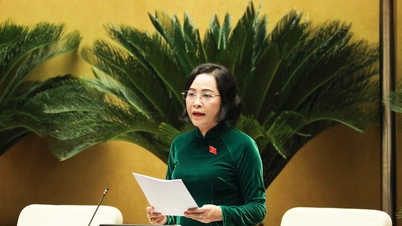

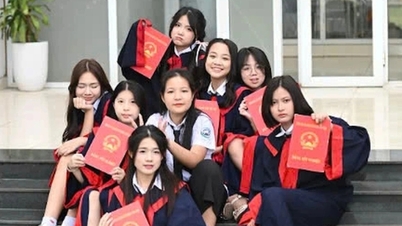

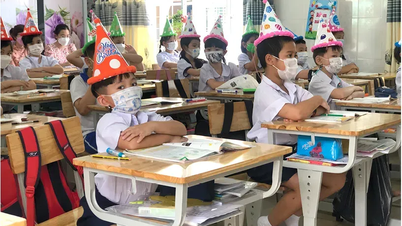

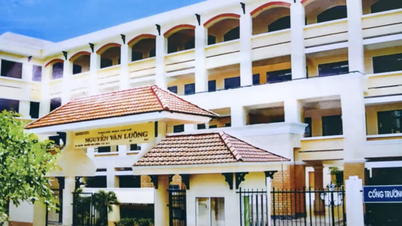

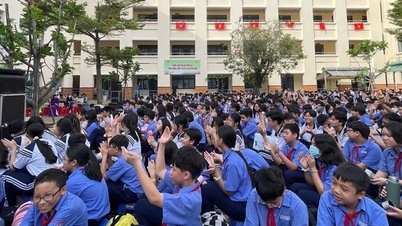

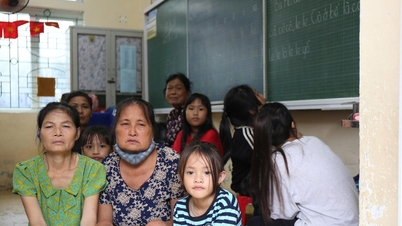
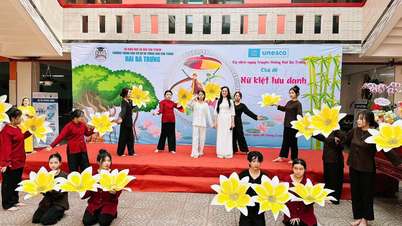



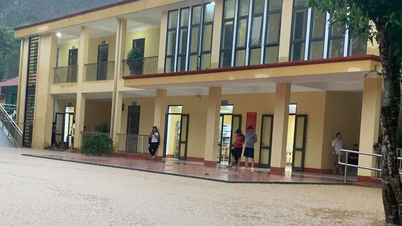

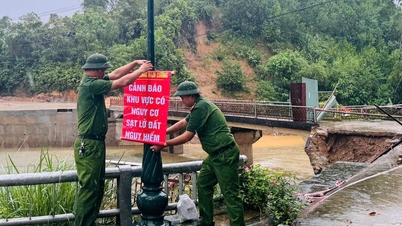
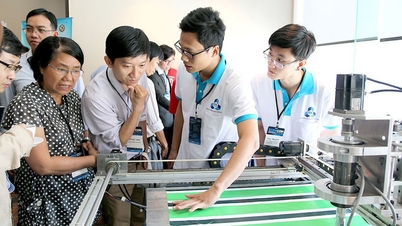





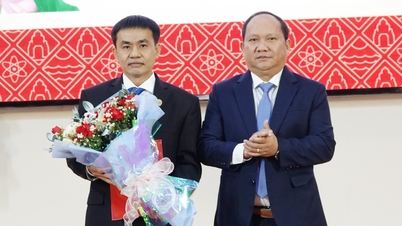
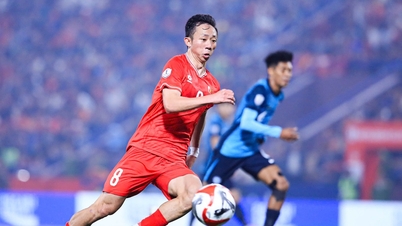
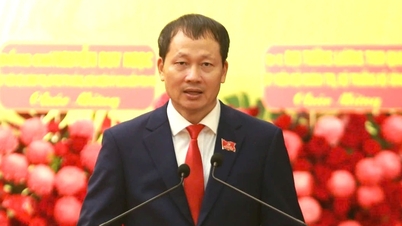



![[Photo] National Assembly Chairman Tran Thanh Man chairs the 8th Conference of full-time National Assembly deputies](https://vphoto.vietnam.vn/thumb/1200x675/vietnam/resource/IMAGE/2025/9/29/2c21459bc38d44ffaacd679ab9a0477c)




































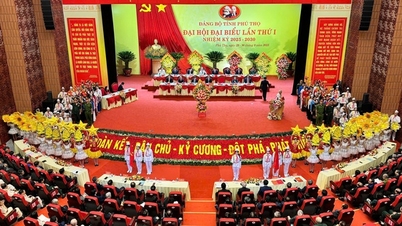

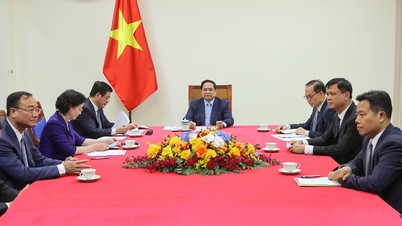
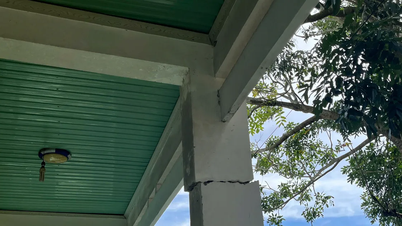
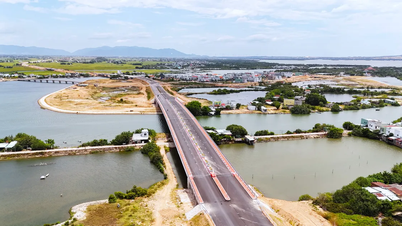
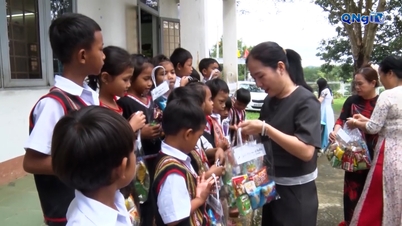


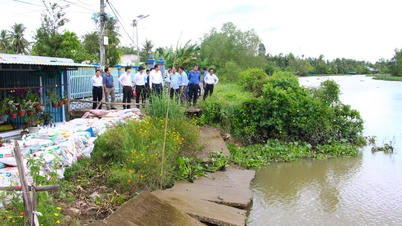

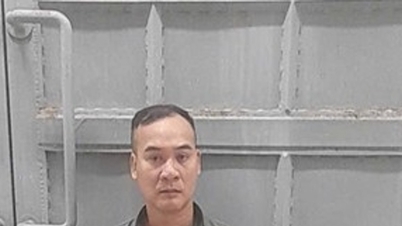















Comment (0)